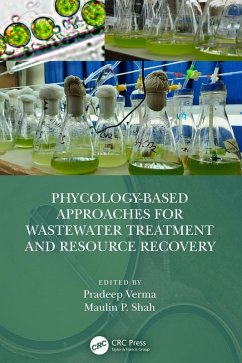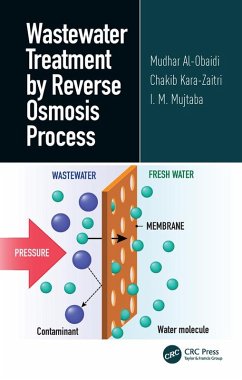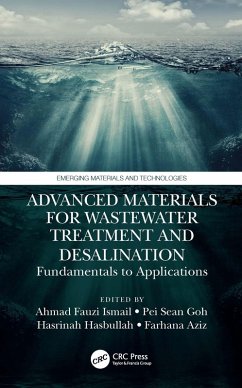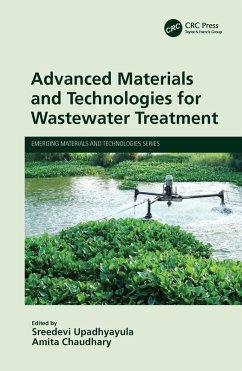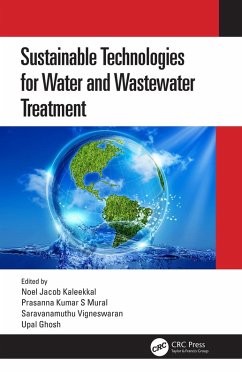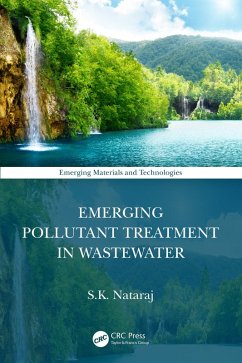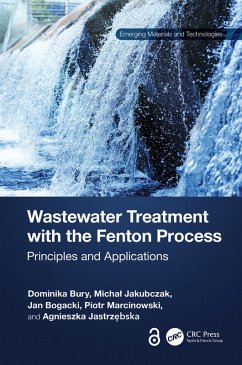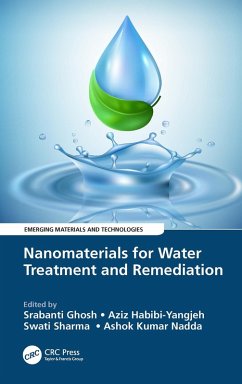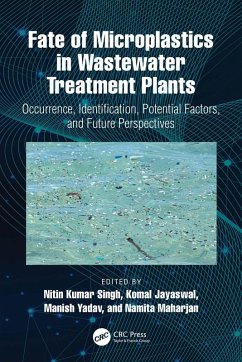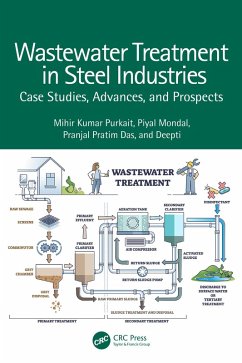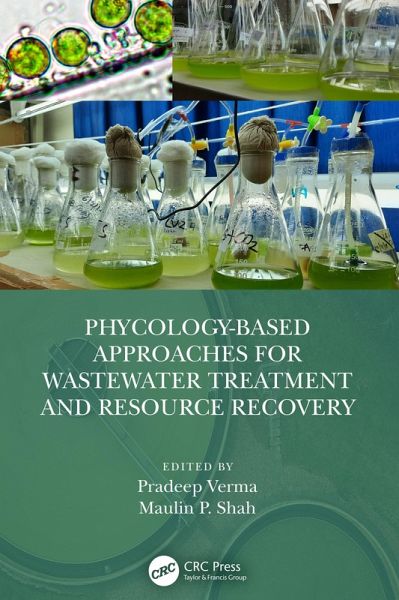
Phycology-Based Approaches for Wastewater Treatment and Resource Recovery (eBook, ePUB)
Versandkostenfrei!
Sofort per Download lieferbar
48,95 €
inkl. MwSt.
Weitere Ausgaben:

PAYBACK Punkte
24 °P sammeln!
Algal and phycology-based approaches for wastewater treatment have recently gained interest. Phycology-Based Approaches for Wastewater Treatment and Resource Recovery highlights advanced algal-based technologies developed or being considered for wastewater treatment along with the opportunities that existing technologies can provide at an industrial scale. It covers recent findings on algal-based approaches for the removal of heavy metals, organic pollutants, and other toxicities from sewage and industrial effluents and supplies in-depth analysis on technologies such as biosorption and bioaccu...
Algal and phycology-based approaches for wastewater treatment have recently gained interest. Phycology-Based Approaches for Wastewater Treatment and Resource Recovery highlights advanced algal-based technologies developed or being considered for wastewater treatment along with the opportunities that existing technologies can provide at an industrial scale. It covers recent findings on algal-based approaches for the removal of heavy metals, organic pollutants, and other toxicities from sewage and industrial effluents and supplies in-depth analysis on technologies such as biosorption and bioaccumulations. Advanced mathematical modeling approaches to understand waste removal and resource recovery from wastewater are illustrated as well. The book:
This book is of interest to researchers, graduate students and professionals in phycology, microbiology, bioremediation, environmental sciences, biotechnology, wastewater treatment, resource recovery, and circular economy.
- Provides exhaustive information on the use of algae for the simultaneous treatment and resource recovery of wastewater
- Discusses algae, microalgae, and cyanobacteria applications in detail
- Presents critical insight into limitations of the prevalent technologies
- Reviews methodology of advanced technologies
- Includes illustrations and interesting trivia boxes throughout the book
This book is of interest to researchers, graduate students and professionals in phycology, microbiology, bioremediation, environmental sciences, biotechnology, wastewater treatment, resource recovery, and circular economy.
Dieser Download kann aus rechtlichen Gründen nur mit Rechnungsadresse in A, B, BG, CY, CZ, D, DK, EW, E, FIN, F, GR, HR, H, IRL, I, LT, L, LR, M, NL, PL, P, R, S, SLO, SK ausgeliefert werden.




